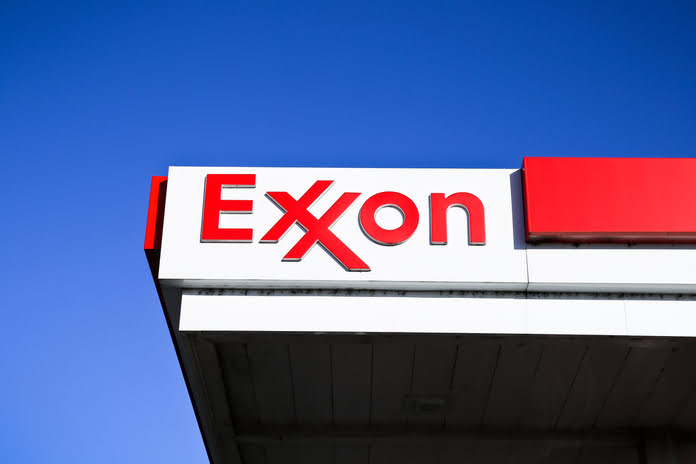Exxon Mobil (NYSE:XOM) is making a significant move in the energy sector with an all-stock acquisition of Pioneer Natural Resources (NYSE:PXD), valued at $59.5 billion, marking its most substantial acquisition since its purchase of Mobil two decades ago. This deal creates a formidable fracking operator in West Texas and reaffirms Exxon’s commitment to fossil fuels, particularly as energy prices surge.
When accounting for debt, Exxon is committing approximately $64.5 billion to acquire Pioneer. Shareholders of Pioneer will receive 2.32 shares of Exxon for each Pioneer share they own.
Exxon Mobil’s CEO, Darren Woods, emphasized that fossil fuels will continue to play a role in the world’s energy mix as the transition to more sustainable and lower-emission sources of energy unfolds. The timeline for this transition remains unclear, but Exxon believes that oil and gas will persist for a long time. Woods stated that the combined capabilities of Exxon and Pioneer would enable them to reduce emissions and produce lower carbon-intensity oil and gas.
Exxon’s previous major acquisition was its purchase of XTO Energy in 2009 for approximately $36 billion, while the merger with Mobil in the late 1990s was valued at around $80 billion.
The deal with Pioneer Natural significantly expands Exxon’s presence in the Permian Basin, a vast oilfield spanning the Texas-New Mexico border. The Permian Basin accounted for 18% of all U.S. natural gas production in the previous year. By combining Pioneer’s 850,000 net acres in the Midland Basin with Exxon’s 570,000 net acres in the Delaware and Midland Basin, the two companies can achieve cost efficiencies, a primary driver behind this acquisition.
The transaction is expected to enhance Exxon’s production volume in the Permian, more than doubling it to 1.3 million barrels of oil equivalent per day after closing. This figure is projected to rise to around 2 million barrels of oil equivalent per day by 2027.
Citi’s Alastair Syme noted that the acquisition is likely to yield multiple benefits for Exxon, as consolidation in the fragmented Permian shale sector presents opportunities for economies of scale and cost reductions.
Both companies’ boards have approved the transaction, which is anticipated to close in the first half of the following year, pending approval from Pioneer shareholders. Exxon’s stock experienced a decline of over 4% during Wednesday morning trading.
This acquisition underscores Exxon’s commitment to fossil fuels in a time of rising energy prices and consolidates its position as a major player in the energy industry.
Featured Image: Megapixl










